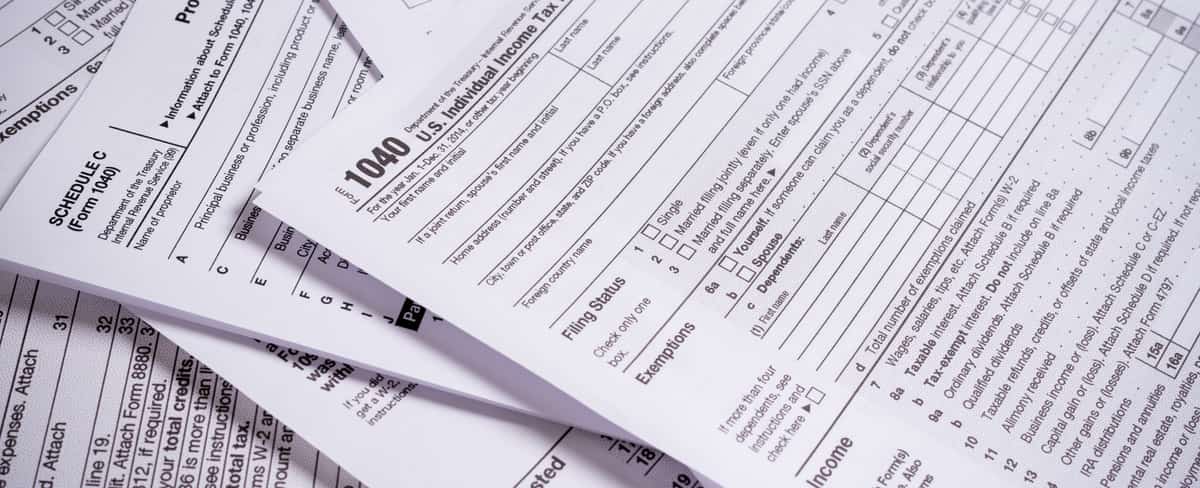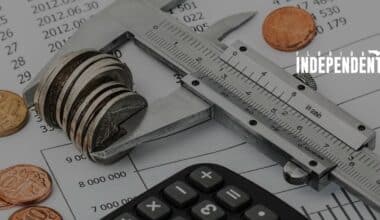Don’t fall victim to the vicious cycle of credit card debt and manage your finances like a pro with these 8 tips for paying off credit cards.
Recent data from the United States Census Bureau found that the median credit card debt for households is $3,500. However, in the last several years, total household debt, including mortgage, auto, and student loans, among others, has risen.
This accumulation of debt causes stress and has a real impact on mental and physical health.
Table Of Contents
Follow these 8 simple tips for paying off credit cards
1. Know Thy Card: Tips for Paying Off Credit Cards
One of the first credit card tips I can offer is making a list of all of your current credit cards. Include their current balances, interest rates, and minimum payments. Generate a total for all of your minimum payments, this gives you a better idea of how much you need to set aside each month to stay on track with payments.
Organizing your credit cards will point you in the direction of which ones you should pay off first, for example, the high and low method.
2. High
High refers to high-interest rates. The higher the interest rate, especially on a high balance, the more money you’ll be expected to pay over time. Getting this credit out of the way will make it easier to disperse money toward other credit card debts.
3. Low
The low refers to low balances. Paying off smaller balances first creates a series of small victories. This builds momentum and encourages you to continue paying off debt.
Another term for this phenomenon is called The Snowball Effect.
4. Build a Budget
If the high & low method isn’t working for you, it might be time to look at your budget.
Analyzing your budget will let you know where most of your spending occurs. Try and minimize unnecessary spending or lower expenses to afford more of your income toward debt.
5. Focus on Maximum, NOT Minimum
Instead of paying a minimum each month, try and pay as much as you can. Paying above the minimum will reduce the amount of interest build over time, and helps you get out of debt faster.
6. Remove the Temptation
The worst thing you can do for yourself while paying off debt is continued credit card usage and spending.
This is counter-productive. Focus on getting rid of your debt before adding anything else to your credit cards. Try utilizing strategies to minimize credit card use.
Remove credit cards from your wallet, so you don’t have the option to use them. Only carry around a set amount of money that aligns with your budget. Either option helps you limit your spending.
7. Consolidate
For some, keeping track of multiple cards may be too difficult. You may want to consolidate your scheduled payments into one account.
This can be done with an installment loan. With these loans, you may borrow a specific amount that may cover all of your credit card debt. When you’re debt-free, you can focus on repaying a single loan over time.
8. Goal Setting
You won’t pay off debt perfectly each month. You may not pay off a complete balance each month. This is OKAY.
These tips are designed to improve your debt pay off over time. Try setting goals to keep yourself accountable with your debt. The best you can do is to be better with your spending next month than you were in the previous month.
Spend Wisely
Hopefully, these 8 tips for paying off credit cards have been helpful. Managing credit card debt can be overwhelming. However, if you can take charge of your spending, you’ll be sure to protect yourself from future financial trouble.
For additional tips and lifestyle guides, take a look at the rest of our site!


